In today’s rapidly evolving academic and corporate landscapes, the role of Strategic Initiatives Leads (SILs) is becoming increasingly crucial, especially in the context of large proposals pre-award teams.
As an Associate Director for Strategic Initiatives at Penn State University’s Huck Institute of the Life Sciences, Camelia Kantor has witnessed firsthand the transformative impact of this role. At our Connect by Cayuse Conference in 2023, Camelia shared her experience with the unique position of SILs and the challenges they can help solve in a fast-paced academic ecosystem.
Strategic Initiatives: an emergent role in academic research
Camelia began by defining the Strategic Initiatives Lead (SIL) role as executive leadership with a bird’s-eye view and access to resources. As a “jack of all trades,” SILs are experts in translation across disciplines and knowledge transfer.
Put differently, SILs are like modern-day Renaissance individuals, with a broad knowledge base that transcends disciplinary boundaries. This generalist approach enables them to foster collaboration, drive growth, and support research and development initiatives at the institutional level, functioning as a liaison between faculty and research administrators.
At Penn State, the Strategic Interdisciplinary Research Office (SIRO) plays a pivotal role in supporting projects that involve significant efforts from multiple faculty across different colleges, campuses, or institutes. These projects often have strategic importance and involve collaborations with other universities and international partners.
While research administrators tend to focus on either Pre- or Post-Award, SILs usually cover both.
Desired qualifications for this role include:
- Convener and organizer with a strong network of support
- PhD or MBA is ideal
- Experience with own funding and budgets, especially NSF, NIH, DoD, USDA
- Well organized
- Good people skills
- Experience with broader impacts (DEI) and education/training
Challenges and solutions in large proposals
One of the primary challenges faced by Principal Investigators in large proposals is coordinating stakeholders and managing non-technical sections such as broader impacts and education. SILs can provide support in these areas, helping to streamline the proposal process and ensure compliance with funding agency requirements.
Penn State University’s SIRO offers services such as creating checklists, designing timelines, providing templates for non-technical sections, and co-writing or editing proposals. These services alleviate the burden on PIs, allowing them to focus on the research aspects of their proposals.
The list Camelia shared of SIRO’s pre-award support functions includes:
- Create checklists and detailed timelines
- Templates for non-technical sections
- Design services (figures)
- Co-writing non-technical sections
- Editing proposals
- Budget support—write budget justification
- PI/Co-PI documents—collection and corrections
- Compliance and submission
These functions are a direct answer to common pre-award PI challenges, which include stakeholder collaboration, policies and procedures, budgets, and navigating non-technical sections of an award.
SIL assistance with the non-technical sections, such as the data management plan, postdoctoral mentorship plan, and broader impacts and education, is particularly important in ensuring that PIs meet sponsor milestones. It’s not uncommon for PIs to underestimate the amount of thought that goes into those sections, which are often left as last-minute add-ons.
The SIL relationship with the Office of Sponsored Programs
The roles of SILs and their relationship with PIs and Sponsored Programs should be clearly defined from the outset. SILs should be seen as facilitators who help bridge the gap between faculty and research administrators, ensuring that proposals are well-organized and meet all necessary milestones. “You’re there to support that office. You’re not there to add more challenges,” Camelia said.
A good relationship between the SIL and the Office of Sponsored Programs is critical, in both directions. Retaining and supporting SILs is essential for the continued success of research initiatives. Providing a clear career pathway and recognizing their unique contributions can help ensure that they remain motivated and engaged in their roles.
Conclusion
The role of Strategic Initiatives Leads is critical in spearheading the success of large proposals in pre-award teams. By leveraging their broad knowledge and strategic insights, SILs can simplify the work of PIs and sponsor programs, fostering innovation and driving growth in both academic and corporate environments.


